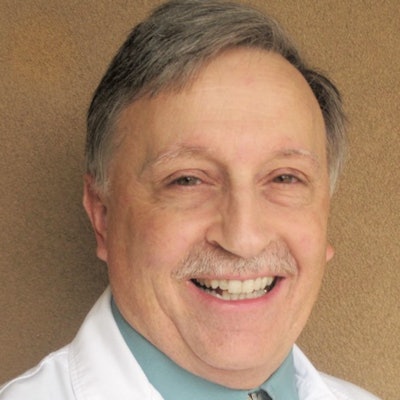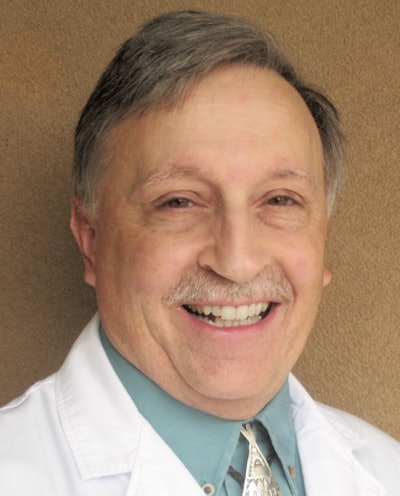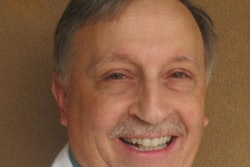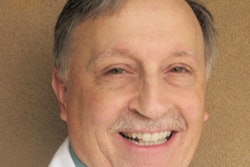
In part 1 of this series, I addressed identity theft with consent of the doctor. In the second part, I discussed identity theft without the consent of the doctor. In the final part of this series, I offer a personal story.
Twenty years ago, I was employed part time as a dentist at a clinic owned by an accountant. In my state of New Mexico, any party -- including a nondentist -- is lawfully eligible to own and operate a dental practice.
The clinic was managed by the owner's son, a dental technician by training. I subsequently discovered his addiction to opioids, specifically the injection of heroin.
 Dr. Michael W. Davis.
Dr. Michael W. Davis.A dental assistant, who also processed billing claims, brought to my attention that I had been unwittingly subjected to identity theft by management. I was shown multiple billing claims for Medicaid and a variety of insurance plans for which I was credentialed. All of the billings occurred on days I did not work or provide care for patients. But my identity was listed as the provider on each fraudulent claim.
I discovered clinical services were actually delivered by the dental technician manager, a dental student, and a dental assistant. Billing statements were generated by the owner accountant and the manager dental technician. My signature was forged and falsified on patient record entries.
Because I was new to the state, I did not know whom to report the violations to. I went to a member of state peer review, who alerted me of the serious nature of the fraud. He advised me that as a whistleblower, without protection of authorities, I would be accused of complicity in fraud by the perpetrators.
What I did to protect myself
The peer review colleague advised me to quit employment at that clinic at the earliest possible time. He stressed that my identity theft would most likely continue long after I left employment. As a member now of the state peer review, this is something I commonly see.
My termination of employment would have a documented and verifiable date. Medicaid or insurance billings under my name as the provider could never be substantiated by an audit after that date. I would be clear of potential allegations, although the fraudsters would almost certainly continue.
Thankfully, the dental clinic declared bankruptcy and closed within 18 months after I left. The manager entered a chemical dependency rehabilitation program. I hope he got his life in order.
The dental student graduated and returned to practice in New Mexico. If he were involved with current complaints, I definitely would have heard about it considering my position in state peer review. I think it's safe to say he's elected to walk on the right side of the law.
Beyond a reasonable doubt
In combating identity theft fraud and the interconnecting other serious felonies offered in this three-part report, criminal cases presented by prosecutors must be built upon a solid foundation. These legal actions must be proved "beyond a reasonable doubt" and not simply to "a preponderance of the evidence" as per civil law.
Prosecutors at the state and federal levels must be determined, competent, and uncorrupted. They require motivated, trustworthy witnesses and whistleblowers to prove their cases. State and U.S. attorneys require highly capable and trained investigators as well as funding to retain qualified case experts in fields like forensic accounting, dental standards of care, and contract law.
If a deficiency exists in any aspect of this chain, then criminal prosecution will likely fail. At best, without a complete network of regulatory and investigatory support, prosecutors hand down wrist-slap settlements. Violators often become more enabled and emboldened.
I hope the concepts presented in this series serve to advance protections against doctor-to-doctor identity theft. Awareness is the initial crucial element.
Dr. Michael W. Davis practices general dentistry in Santa Fe, NM. He also provides attorney clients with legal expert witness work and consultation. Davis also currently chairs the Santa Fe District Dental Society Peer Review Committee. He can be reached at [email protected] or SmilesofSantaFe.com.
The comments and observations expressed herein do not necessarily reflect the opinions of DrBicuspid.com, nor should they be construed as an endorsement or admonishment of any particular idea, vendor, or organization.



















